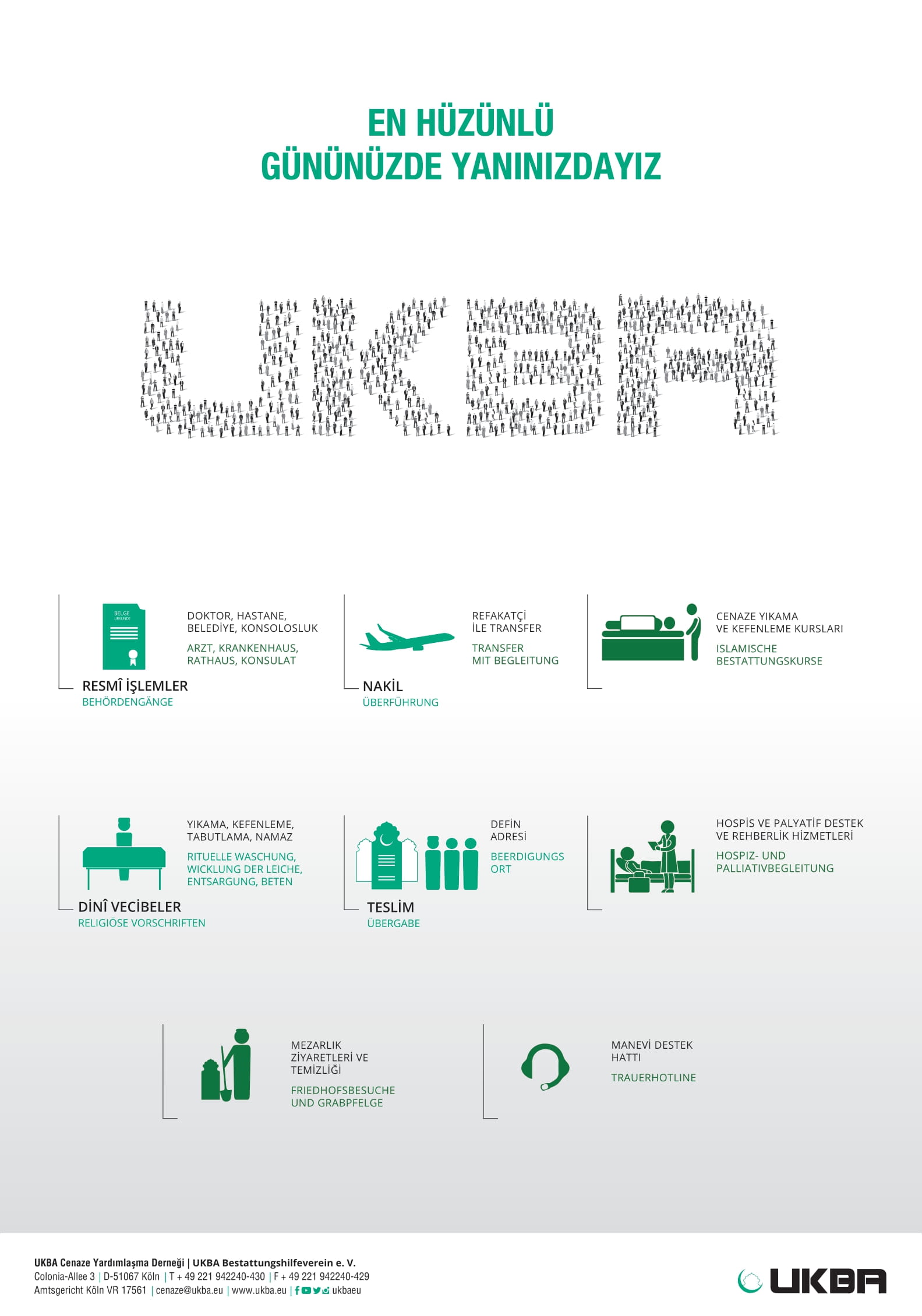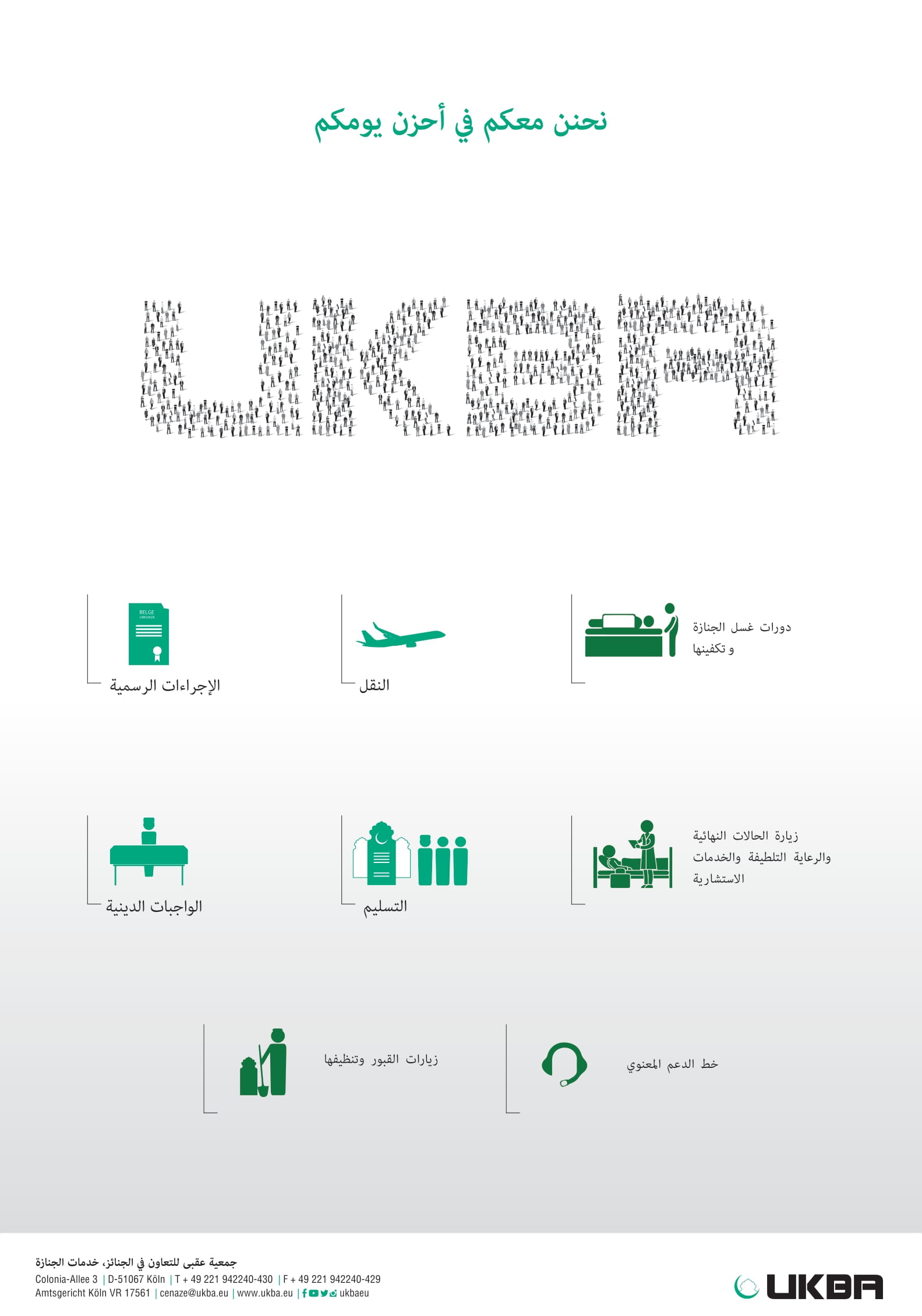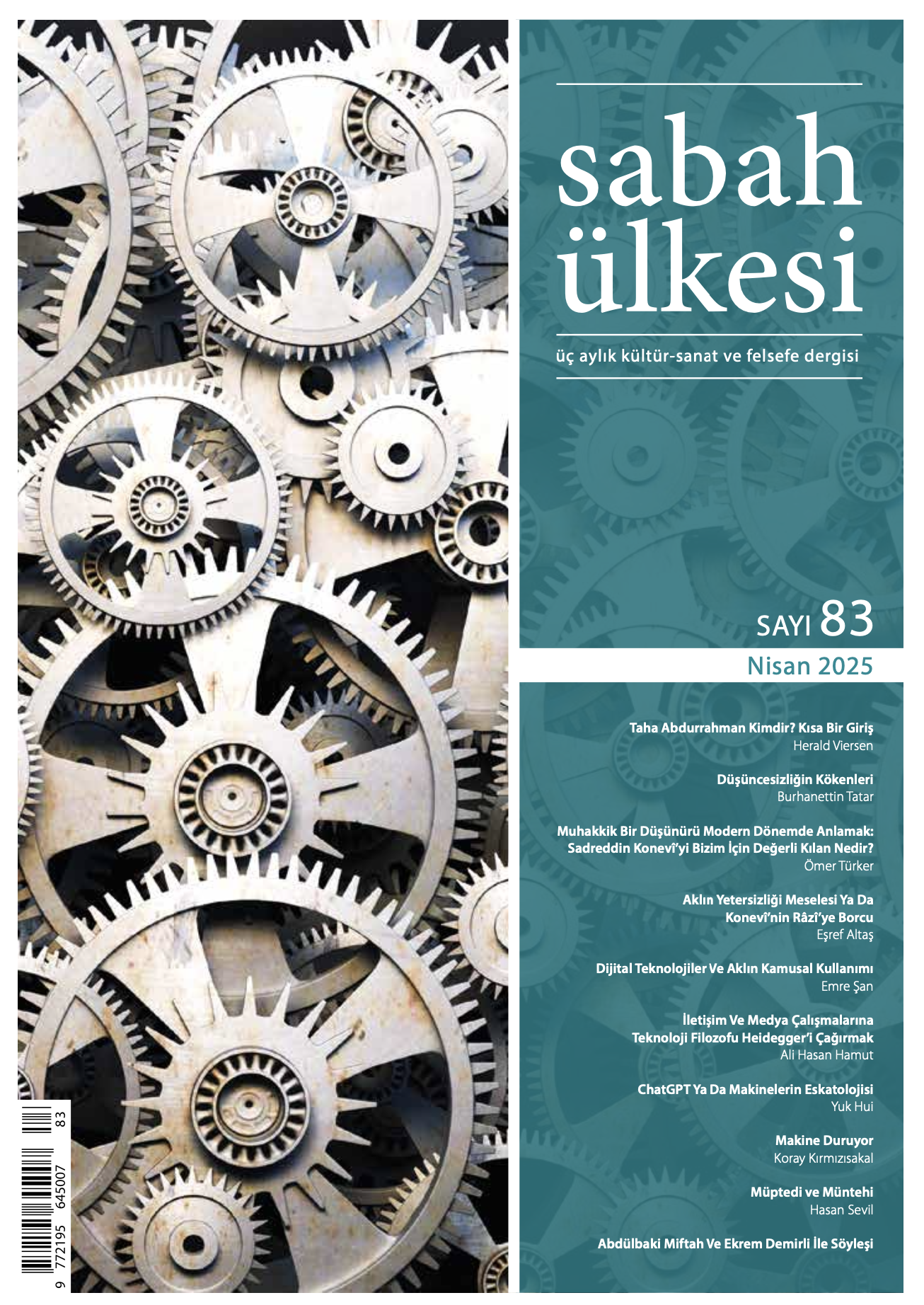Friday Khutba
Sunnah: Prophet’s Guide
31. August 2023
Dear Brothers and Sisters!
When we mention ‘Sunnah,’ our Prophet (saw) comes to mind. Sunnah means tradition, path, practice and application. For us Muslims, it is the path, the path of Allah and just as we ask to be guided along the straight path 40 times a day in Surah Fatiha, it is the path of the straight path, which we also want Allah to guide us on. If there is a path, there is surely a map, a guide and signs along the way. Here, the guide of the straight path is our beloved Prophet, Prophet Muhammad (saw). Like all other prophets, he was sent by Allah (swt) as a ‘guide’ for all of humanity. Throughout his lifetime, he conveyed the blessings of Islam and faith to his surroundings, believers and all creations. He exemplified values such as compassion, mercy and justice, leading in all goodness and beauty, striving to reform and eliminate all forms of evil and ugliness.
Dear Brothers and Sisters!
After the passing of our Prophet, have we Muslims become without guidance? How will we find our way and determine our direction? How will we know if the destinations we reach are truly the destinations we should reach? The Messenger of Allah, Prophet Muhammad (saw), was sent by the Allah (swt) as a witness, bearer of glad tidings, a warner and a bright lamp calling to Allah by His permission. He was sent to guide us on the right path, just as a lamp illuminates the way ahead.” [1] Even though he has passed away, he continues to give us glad tidings, warns us, calls us to Allah and be a guiding lamp. He fulfills this duty through his life, practices and teachings that form his Sunnah, as well as through the Quran, which was revealed to him and preserved until the Day of Judgment. This blessed chain has been carried on by male and female believers, scholars and the righteous, and they have passed it down to our present day.
Dear Brothers and Sisters
How can we Muslims today benefit from the light and guidance of Rasulullah (saw) that illuminates the path of guidance? It is impossible for each of us to be scholars in the knowledge of the Qur’an and Hadith. However, it is our duty to be believers who have faith and strive to do righteous deeds. For this reason, we must keep our relationship and communication with the Qur’an solid and healthy. We should read the Qur’an regularly and make a constant effort to understand it.
Dear Jama’ah!
We should take the commands and prohibitions of Allah and the Prophet seriously and strive to obey them. As narrated by Abu Huraira, the Messenger of Allah (saw) said: ‘Whoever obeys me, obeys Allah; and whoever disobeys me, disobeys Allah…'”[2] The Prophet is the one who informs us of Allah’s commands and prohibitions. What he conveys in the name of religion is not from his own desires but directly from Allah. They are the wishes and commands of Allah. Therefore, as believers, we should show consent and obedience to the commands and prohibitions that the Prophet has brought in the name of religion. We should be steadfast in fulfilling Allah’s commands and try to refrain from what is prohibited. We should love the Prophet and demonstrate our love through our actions. Let us not forget that loving and following the Prophet is a divine command to earn Allah’s pleasure and love. Allah (swt) says in Surah Al-Imran: ‘Say, [O Muhammad], “If you should love Allah, then follow me, [so] Allah will love you and forgive you your sins. And Allah is Forgiving and Merciful.'”[3]
Dear Jama’ah!
We should imitate the noble character of our Prophet and improve our behaviours. We must strive to identify and eliminate the negative and unattractive behaviours that have infiltrated our personality. Expanding on these recommendations is possible. However, the essence lies not in elaborating extensively but in seeking Allah’s pleasure with patience and effort. The path to this is by engraving the love for the Prophet in our minds and souls and adopting the Prophet’s ethics as our own. May Allah (swt) keep us steadfast in His guidance and on the path of His guiding Messenger. Ameen.
[1] Surah Al-Ahzab, 45-46
[2] Buhârî, Ahkâm, 1
[3] Surah Âl-i İmrân 3:31
Khutba – english
Khutba – turkish
Khutba – german
Khutba – arabic
Khutba – french

















